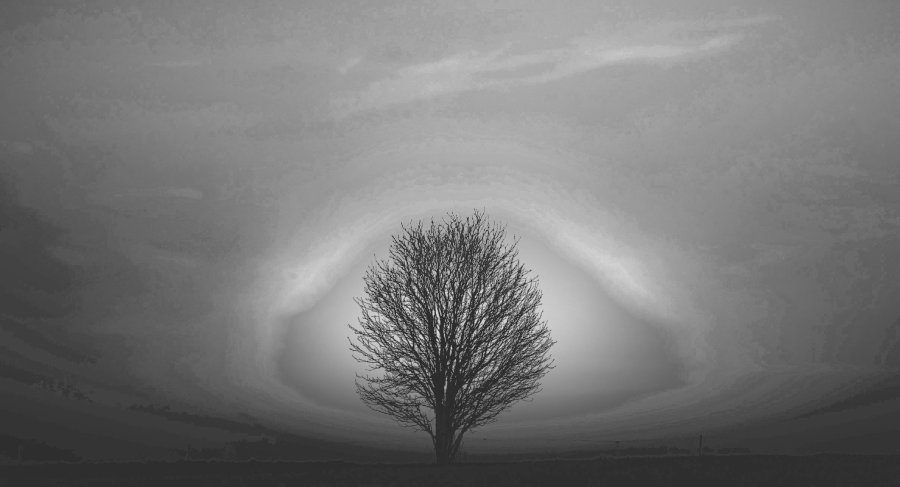Are You Materialist, Religious or Spiritual?
BLOGGING AWAY
Are You Materialist, Religious or Spiritual?
03.03.2025


While at Swami Rama's ashram in Rishikesh, a PhD student in Yoga asked me a question that startled me: "Do you consider yourself a materialist, a religious, or a spiritual person?"
Surprised, I replied, "I think I am a spiritual person, depending on what you mean by these terms?"
Of course, there was a deeper lesson hidden within these three concepts.
Defining Materialism, Religion, and Spirituality
He explained, "You are a materialist if, when you see suffering around you, you feel good about yourself because you are better off than the other person."
I responded, "Okay, that’s not me."
He continued, "You are a religious person if, when you see suffering, you also feel bad for that person.”
I thought for a moment and replied, "Okay, then I suppose I am a religious person.” I felt disappointed.
So, I asked, "What are the traits of a spiritual person?"
He said, "A spiritual person is someone who, no matter what is going on around them, remains unaffected by other people's emotions. Feels neither good nor bad. They are untouched, even while understanding how the other person feels."
This moment made me reflect. Society often conditions us to believe we are ‘good people’ when we care about others’ well-being and attune ourselves to their emotional state. But where is the golden balance between empathy and emotional enmeshment?
Exploring Enmeshment: The Lack of Emotional Boundaries
Let’s explore enmeshment: the lack of emotional boundaries.
Enmeshment occurs when we feel as though we are that person. Whether someone else is experiencing joy or sorrow, we become deeply affected as if we were them. If they’re ecstatic because their life is going well, we feel a sense of joy for them. If they’re going through a tough time, we also feel down and continue to worry.
The Challenge of Empathy Without Losing Ourselves
Have you ever attended a funeral where, despite not knowing the deceased well, you started to cry along with the grieving family? Or have you been in a room where a strong wave of collective emotion took over?
There’s nothing inherently wrong with this. It’s a gift to be able to attune ourselves to another’s emotional state—it allows us to practice love, compassion, and empathy. But when we lack emotional boundaries, our empathy becomes unbalanced.
The Key to Spirituality: Detachment and Awareness
So, what’s the key here?
It’s simple. The essence of spirituality, as shared in this story, is being attuned to others while remaining detached.
But what does "detachment" really mean?
It means being able to observe our emotions as they arise and pass, without becoming entangled in them. By cultivating self-awareness and understanding our true nature, there is always a place of stillness and equanimity within us.
Being detached doesn’t mean being indifferent. It means recognizing the transient nature of emotions—how they arise and fade, both in ourselves and in others—and responding with mindful awareness rather than reactive identification.
Being Empathetic Without Losing Yourself
Similarly, being empathetic means being able to tune into someone else’s emotions, but with the same attitude that a sage maintains in the face of both joy and hardship: unaffected by external events because they understand the impermanence of all things.
We can feel others' emotions without identifying with them—without letting the wave of their feelings crash over us. We can acknowledge their emotions, but we remain grounded in the awareness that these feelings are waves on the ocean, arising and passing.
Mastering Spirituality: Balance and Equanimity
Ultimately, being spiritual—at least in the context of this lesson and my experience at the ashram—is one of the most subtle and challenging states to cultivate. It requires mastering our inner world so that we are not swayed by life’s ups and downs.
A Realization at the End
When the student finished sharing his thoughts, I said to him:
"Thank you for sharing this with me. I thought I was spiritual, but based on what you've just said, I realize I am religious, working toward becoming spiritual.
Thank you for enlightening me."
My office
Anywhere in the world
Contact
hello@valeriafontana.com
